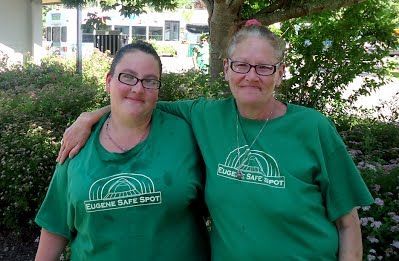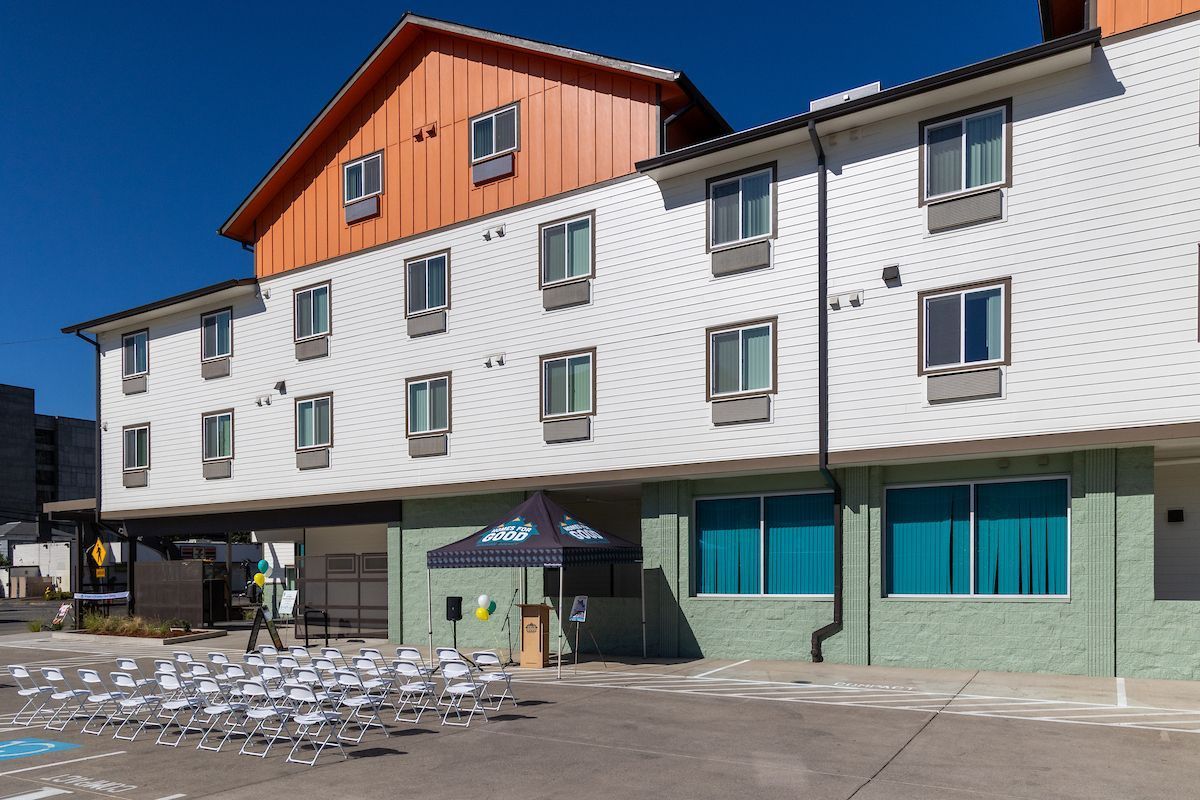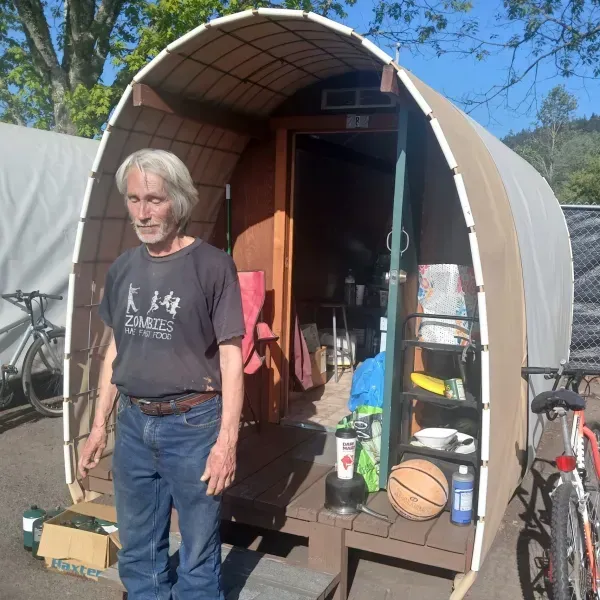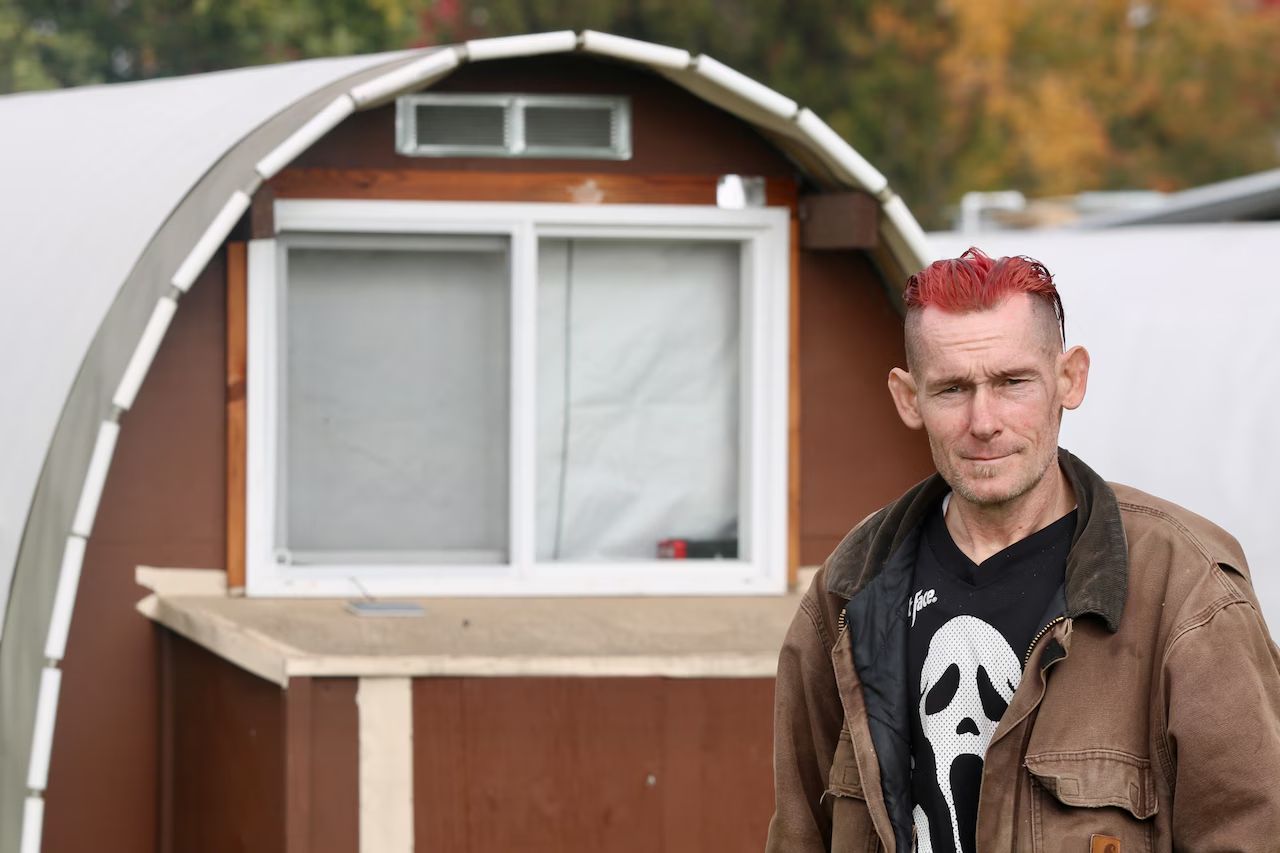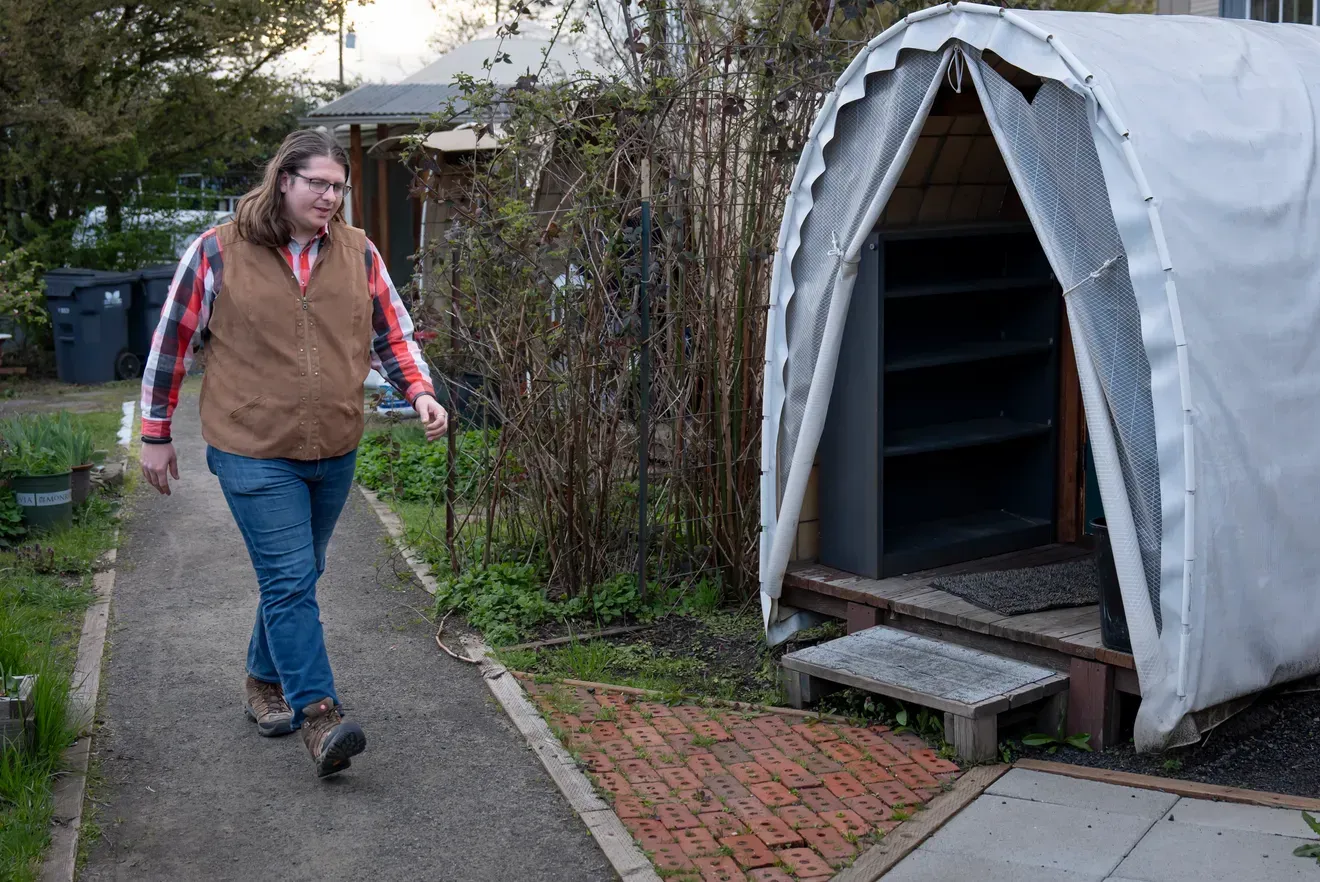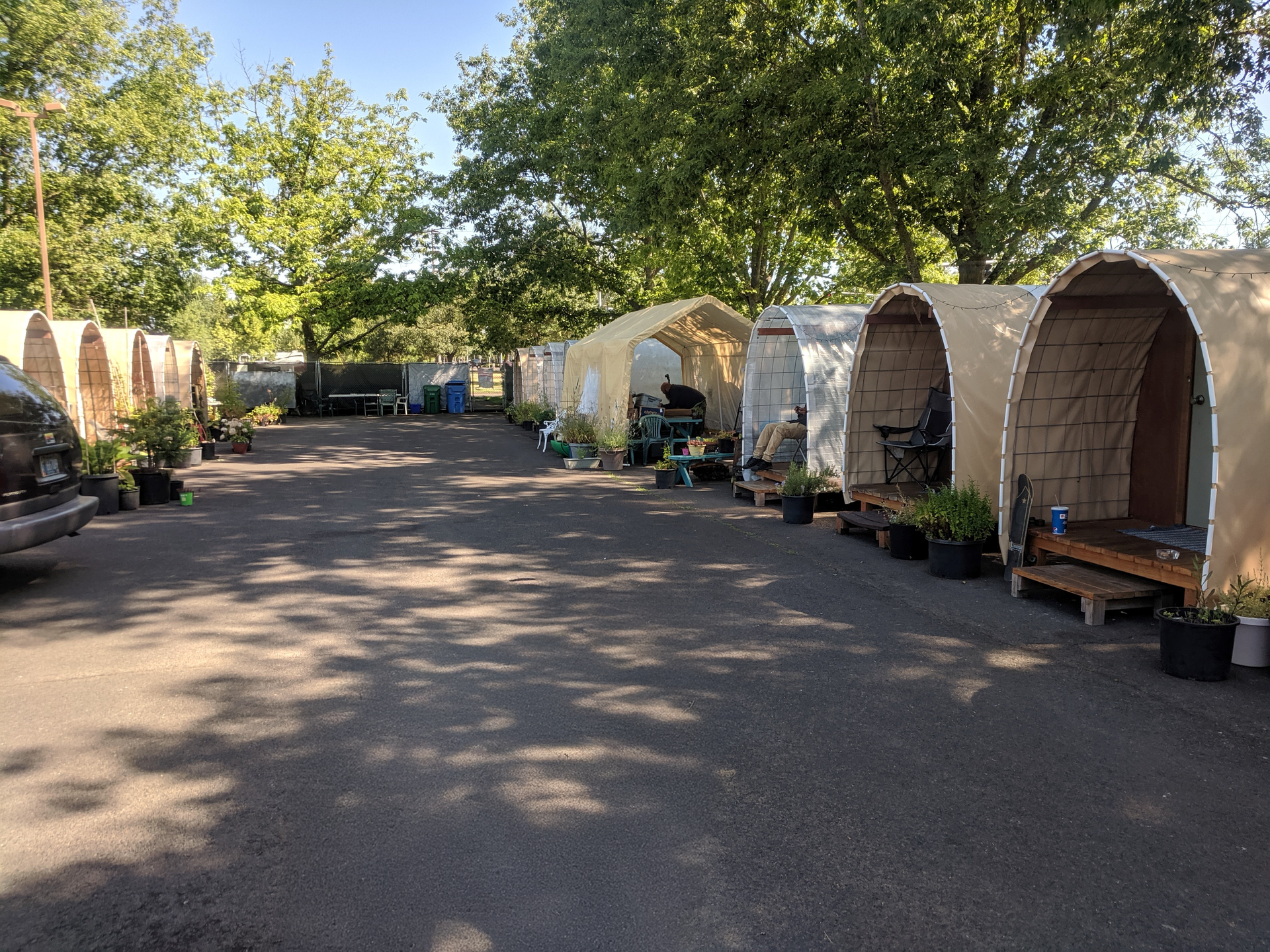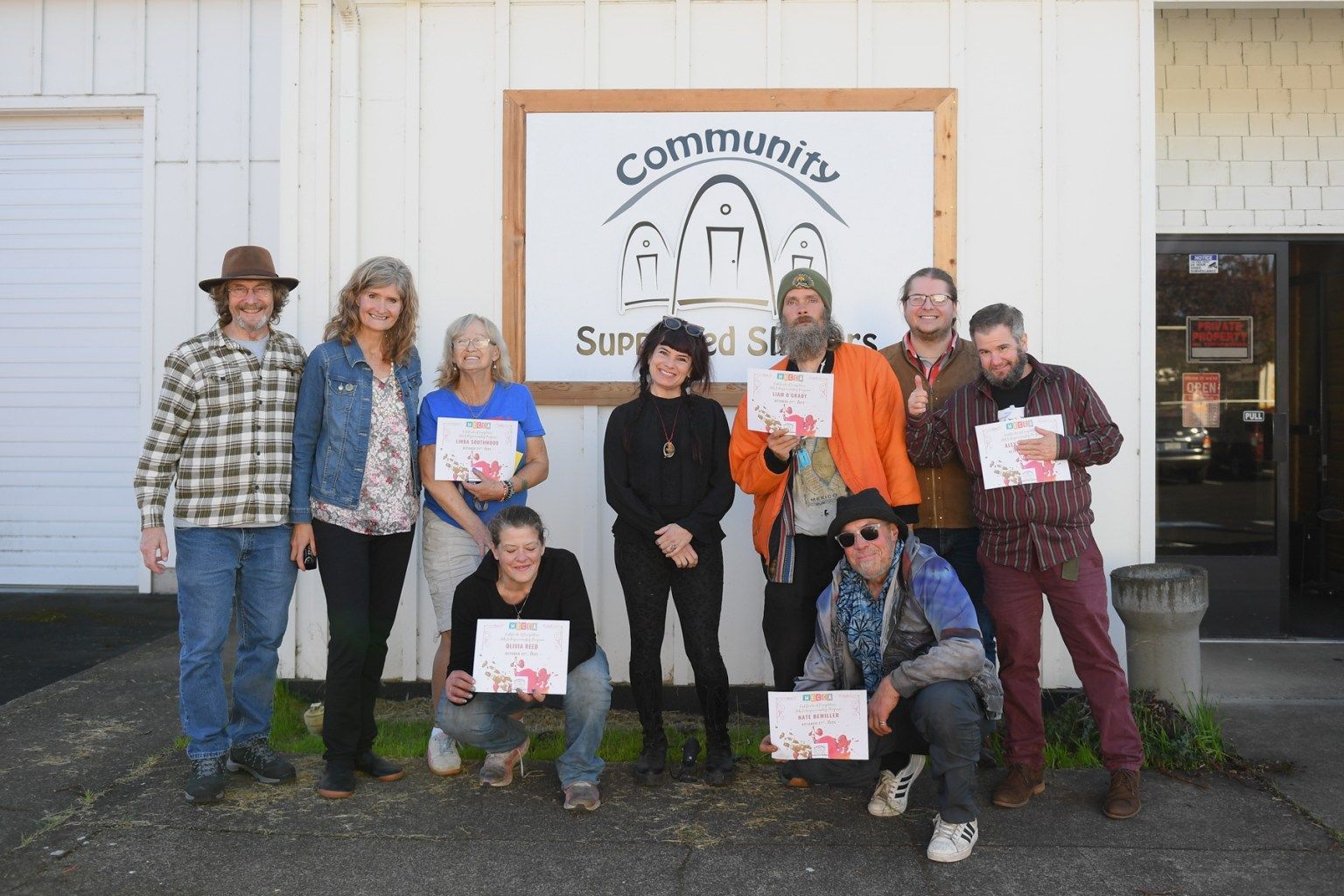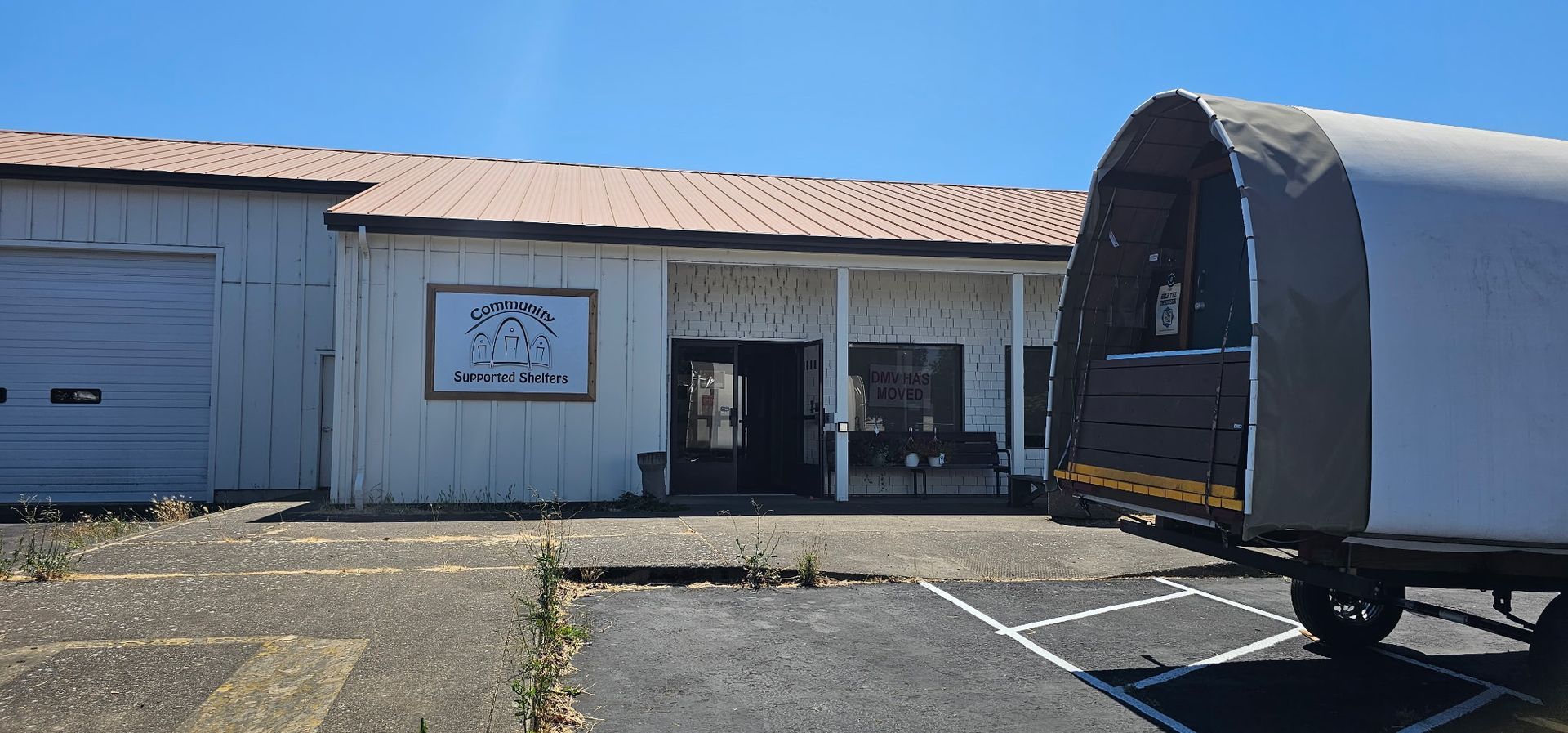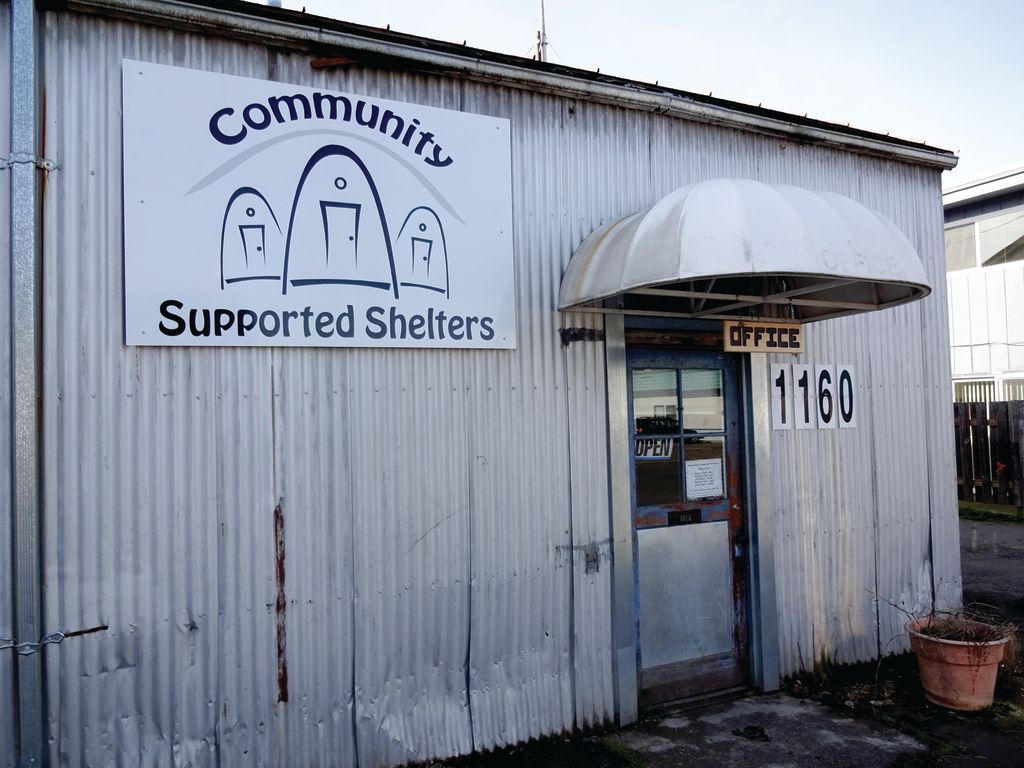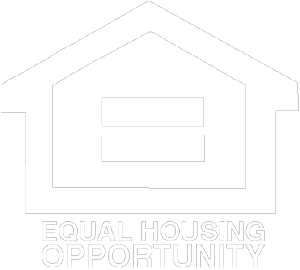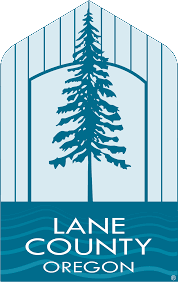Melissa: The reason that I ended up homeless is that I left a 15-year abusive relationship and went into treatment for drug addiction after I had my child in 2011. My mom and I reconciled at the hospital and she supported me through treatment and then I went to Womenspace. Mom went to the Mission and I still couldn’t find housing. But for the first time, I never went back to my abuser. I ended up at the Mission with my mom. Then I rented a room from a girl that I met through my meetings, and my mom stayed at the Mission and then ended up moving in with me.
Donna: I was living at the Mission. I was a volunteer there, working with mothers and children, and I sort of had an emotional breakdown. I went to where my daughter was. We shared a twin bed. I was there about six months and she was there a year, and the lady decided she didn’t want to rent anymore so we had to find some place else to stay.
Melissa: Our main source of income was donating plasma and we were doing odd jobs for a friend of ours. Then we both couldn’t even donate plasma anymore, for health reasons. We just were having a hard time coming up with the rent money and she wasn’t budging on it. She actually raised it.
Donna: An old friend from the past offered to let us to stay at his apartment. But he was looking at me as a girl friend and he didn’t want my daughter there, so that lasted about a month and then he asked us to leave.
Melissa: We were going to go to the Mission but I am on methadone maintenance and I’ve got almost two years clean but at that time . . .
Donna: . . . We had both been smoking pot and you had to be drug-free to go there.
Melissa: They pulled us into the office when we got there because they knew us from before, the woman there said if I was to get a positive on a random test, I would be kicked out for 180 days and she didn’t want that for me. So we walked to Opportunity Village [OVE] and heard it was a two-week application period, and we were pretty devastated. They directed us here and we walked here straight from there.
At that point, I was ready to tell God that I was done. I was out of ideas and exhausted. But we did the application here, and we were on our way to Springfield to crash with a friend for the night, and, for me by the grace of God, we got a call saying that we could move in that day or the next day.
Donna: Art and Charlene were the camp managers when we came here. They’re the ones who called Erik [de Buhr, executive director of CSS] and pushed it through the same day even though he’s got tons of applications. It was just such a blessing.
Melissa: We had no other alternative. When I lived with that lady, I was so miserable that I used to say if I could just pitch a tent somewhere, it would be all I needed. It’s funny because that’s actually where I ended up. The first month, we had a hard time settling in, living outside in a community of people who had mostly been here for a while. So we stayed at a friend’s for a couple of nights a week. We had more offers to stay other places once people knew we were living in a tent.
But everybody was so welcoming here, helping us learn how to live outdoors like this. I’ve slept outside under a bridge or by a river, terrified of what can happen. But I feel safe here. Eventually I learned everybody’s name and I started feeling more comfortable. We haven’t stayed away for a few days for over two months now.
It’s different for my mom because she really didn’t like it at first.
Donna: I’m almost 60 and it was still chilly when we moved in, and in my head, I’m thinking “I’m 60 years old and I’m in a tent camp.” We both believe strongly in God, but I was very disappointed in myself, very unhappy with how my life turned out. I also lived with an abusive partner and when Melissa’s daughter was born, I went to the hospital and stayed with her there, and we both left our abusers. We were also both drug addicts. Since that time, we’ve both been clean and sober, which is amazing and wonderful. It just took me a little while to overcome the negative feelings, looking at myself as a failure, even though I don’t believe that. We’ve made bad choices but everything we do is a new journey that God wants us to go through. It took me a month, month and a half, to finally realize that this is okay.
The Mission is great but there are very strict rules. This is more independent. There are rules here, of course, but they are common courtesy rules: be kind to your neighbor, don’t steal, honor the gate hours, keep your place clean, which we do. It’s more like our own home. We don’t have to get up at 6 o’clock in the morning like at the Mission. We don’t have to go to bed at 10 o’clock. We can eat when we want. We have a lot more choices.
The idea of having to leave the camp from 10 to 4 is really good because it makes us get out into the community where we can look for resources and do the things we need to do with our lives to make them better. Melissa is applying for social security disability, and I’m going to explore that myself. I’m two years from retirement.
I tried to go back to work. I worked for seven weeks at a call center. But there are like seven or eight different programs you have to go into. I tried my hardest and I just couldn’t get it. That was a real blow for me, too, because I’ve always worked and never had a job I couldn’t do. I’ve managed a motel. I’ve done all kinds of stuff. That kind of devastated me when I tried that job and couldn’t do it.
The camp is a really nice community of people. We have different relationships with different people here. It’s amazing how easy it is to get along. We connect with each other cooking around the campfire. We do community projects where we have a community meal. One couple has a porch set up and people just seem to congregate over there and drink coffee in the morning. We have certain people who come to our tent and sit and speak with us.
Melissa: We always help each other out with coffee in the morning. . .
Donna: . . . or whatever somebody might need. Letting people talk to you when they have problems, that’s really helpful sometimes because people need to talk.
Melissa: We’re all in the same boat, so we all kind of get it. We all have a story but we’re all here because we want our story to change.
Donna: We hadn’t been here very long and they said they needed a gatekeeper and we volunteered right away.
Melissa: We have work parties where we’ll stay in camp and we’ll clean up, mowing and weeding and sweeping. When we have our camp meetings, Erik will bring up something that needs to be done and ask for volunteers. Then there are the days we go work in the park for the city, and I feel like that’s paying rent. Having the gate duty is part of making this place stay the way it is. Everybody’s got to do a little part.
Donna: I really enjoy it here now. It’s our independence. It’s not anybody else’s house or rules or opinions. We all have opinions here but all of us know that we need to get along and most people are very good about it. There’s a few blips every once in a while but that’s true anywhere you live.
Melissa: Sometimes somebody opens their mouth and then they’re arguing. Because I have PTSD from the violence I went through, I can’t handle hearing that kind of stuff. I am usually upfront. I’ll go to somebody to express my reservations about their behavior. I feel like I’m socially
underdeveloped, to use a nice word, but here I’m learning how to talk to people to express my feelings a little differently, to take it down a notch.
Donna: We have our camp meetings and we talk about whatever might be wrong. And there are things like L. and his drinking. Last night, he fell twice and busted his nose open and did his arm up and he was belligerent and angry and just awful. We discussed kicking him out, but instead we changed our minds and decided to talk with him, to be advocates for him, to encourage him to go to a detox place, which we haven’t approached him about yet. But he called me today and I’m going to talk to him about that when he sobers up.
Melissa: Living in this camp has helped me to be able to find myself. I didn’t have choices in my last relationship. I didn’t know my favorite color, what foods I liked, anything like that because it was always decided by my ex. Here I feel no imminent fear that when I get home, if somebody’s in a bad mood, they are going to decide that I can’t be here anymore. I never fear not having a place to come home to.
And I call it home. It’s a big change for me and it’s been really scary because I’m 36 and I met my ex when I was 15. We were together for so many years and I couldn’t get away from him. I always went back to him and I think that if we had not gotten into this camp that I might have given up and went backwards. I was at my end. What I value most here is that I have a freedom that I never had to find out who I am.
Donna: We’ve both been in controlling relationships a lot in our lives, so independent living is pretty nice, the independence of not living underneath someone who dictates how you live your life. It’s the first place that we’ve had in I-don’t-know-how-long where it’s just ours.
It’s also a drug- and alcohol-free place, which is really important to us in staying sober and not doing drugs. I’m not tempted at all anymore. I’m so glad to be done.
We’ve got some co-dependency going on but we’re working on it.
Melissa: Yeah, because we only had each other once we left our abusers, and we’re both addicts and used together. So to be clean together is a blessing. And in rebuilding myself, I have to rebuild a healthy relationship with my mom. We both chose each other and freedom and . . .
Donna: . . . no more drugs, no more abuse.
Melissa: There is codependence, but I think it’s a lot more healthy then when we first got here. I think that we’ve made a lot of progress,
Donna: When we leave here, we’re planning to rent a place together and take a step at a time and then eventually to live independently.
Melissa: I don’t want to live alone yet. I’m not prepared to live alone. My daughter who is three now lives with her dad’s grandmother. She’s doing guardianship right now. So by getting a place with my mom and then learning how to live healthily in my own home and pay my bills and do these things I’ve never had to do because . . .
Donna: . . . you’ve never lived alone . . .
Melissa: . . . my ex did everything. If I can do that with my mom, both of us practicing the skills that we didn’t have the choice of doing because that choice was taken from us. Then in a couple of years, I will feel better about living alone and having my daughter more than I do now.
When I tell people I live in a tent, they’re like, “Oh, I’m so sorry,” and I’m like, “No you don’t get it. It’s great. It’s a locked facility. It’s city-approved. We’re on platforms. We have a big piece of foam to sleep on. And all the tent areas are covered during the winter.” So I’m very happy about it. The camp is very helpful, and I think there should be more of them
Donna: Yeah, there are a lot of people out there who have nowhere safe to sleep.
Melissa: I’m very grateful to the city of Eugene for this. I never knew this was a possibility, never, so I was amazed. I feel it’s a blessing.
If you are homeless and you’re really ready to make a change in your life and can accept communal living—because even though it’s outside, it’s still communal living—this is a great opportunity for anybody to get back on their feet because there’s no length of stay here. It’s all about your attitude and following the simple rules of just living peacefully and doing something positive with your life. It’s not a place for people to come and just say, “Okay, I’m here and I’m going to stay here until the wheels fall off and then I’ll go to the next place.” It’s beneficial for people who are ready to make a change and just need that one element, which is safety. That’s the biggest thing here, is it’s safe, the name [Safe Spot] speaks it all. It is completely safe and there are enough people here that if one person becomes unsafe, there’s a team of people that can handle it.
Sometimes, I can’t wait to get back here.
Donna: I don’t want to live here forever. I’m not looking forward to the winter. But an income is important and if we have to do the social security thing then that’s what we’re going to have to wait for. And I’m ready to accept that. I can survive this and I have come to really appreciate it. At first, I thought, “I wished I had a home where my daughter can come to where she doesn’t have to sleep outside.” But you know, things are what they are. This is a really good, growing and learning experience. And everyone here is very good and generous. If they have it, they will share it and we do the same, whatever we have. Just yesterday a guy wanted some books, he’s lost without something to read, so he found three that he likes by going through our books.
You know we all do what we can for each other, which is really wonderful. If we need something, all we have to do is ask.


